Section: Media
There are more than 200 results, only the first 200 are displayed here.
-
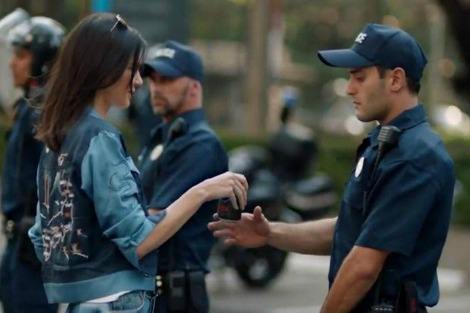
MEDIA
- Francine Crimmins
- 10 April 2017
3 Comments
Pepsi's advertisement has been accused of appropriating the struggle for race and gender equality in the name of its product. It makes sugar filled drinks seem like the key to stopping police brutality against people of colour, and simplifies the way people engage and make change in the world. The image of Kendall Jenner approaching police has been compared to the actions of Black Lives Matter protestor Leshia Evans. While Jenner manages to strike up a friendship, Evans was thrown to the ground.
READ MORE 
-

MEDIA
- Francine Crimmins
- 03 April 2017
4 Comments
I can think of many films I saw in childhood which still resonate because of their morals and characters. The dark and dangerous fire swamp of The Princess Bride, where Westley must wrestle with rabid beasts to save the damsel in distress, taught me about bravery. The Harry Potter series shows a boy who has suffered a great loss but finds community and purpose during his time at Hogwarts. There's something all these movies have in common: they were all about men.
READ MORE 
-
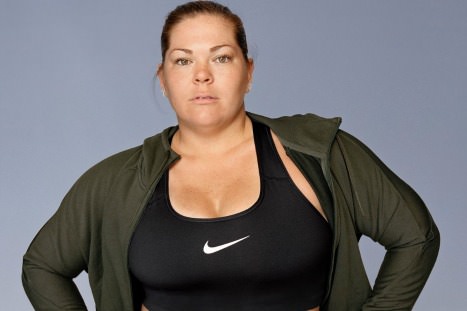
MEDIA
- Rachel Woodlock
- 23 March 2017
3 Comments
Elite athletes wear Nike. Celebrities wear Nike. Beautiful people. People who take their sports seriously. Well, that's what decades of advertising around the little swooshy tick and 'Just Do It' trademark told us. Fat girls don't deserve to wear Nike because they are supposed to feel ashamed of their ample girths. They should exercise, of course, but in sackcloth and ashes, with downcast faces, signalling they understand their moral depravity. Some people, it seems, still feel that's the way it should be.
READ MORE 
-

MEDIA
- Rohan Salmond
- 17 March 2017
22 Comments
The Bible Society didn't think its video promoting civilised discussion about same-sex marriage would be a problem, but it pushed a lot of buttons they didn't even know existed. There are a lot of layers to the public's reaction, but here's one: the Bible Society has never taken an explicit public position on the present marriage debate, but its sister organisation, the Centre for Public Christianity, only features videos and essays by people who hold an exclusively man-woman view of marriage.
READ MORE 
-

MEDIA
- Andrew Hamilton
- 14 March 2017
10 Comments
Arguments for repealing 18C ignore the symbolic force of law in an imperfect society in which we live. In public life the One Nation Party, which is able to exert some influence on legislation in a fragmented parliament, regularly criticises Muslims. These views are also retailed by commentators in some mainstream media. They increase the anxiety of immigrants from Muslim nations. In such a context any weakening of 18C will be seen as the declaration of open season against such groups.
READ MORE 
-
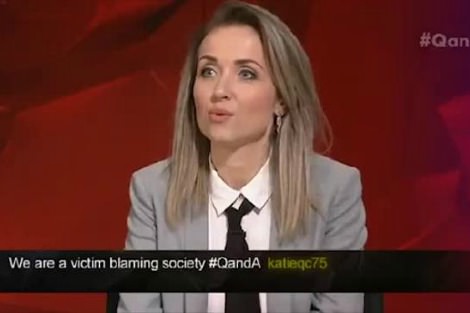
MEDIA
- Neve Mahoney
- 09 March 2017
5 Comments
Last Monday, there was a Q and A discussion about feminism and women's rights. On the panel was Thordis Elva, an anti-violence campaigner known for hosting a TED Talk with her rapist Tom Stranger. The debate emulated my own internal monologue. Is there a place for rapists in the conversation about rape? Did I want to hear what a rapist had to say? At the time I was on the phone to someone close to me who had been sexually assaulted in the past. Would I want her anywhere near her rapist again?
READ MORE 
-

MEDIA
- Catherine Marshall
- 24 February 2017
3 Comments
Women everywhere are celebrating Sports Illustrated's 2017 Swimsuit Edition for including among the innumerable images of slender young models a picture of a voluptuous woman wearing a bikini which doesn't conceal the stretch-marks on her stomach. This is Denise Bidot - a so-called plus-sized model, though probably average-sized in reality. This response is problematic, for it salutes a publication that objectifies women for widening the definition of those it is willing to objectify.
READ MORE 
-

MEDIA
- Fatima Measham
- 19 January 2017
11 Comments
In the weeks before the US election, Salena Zito wrote of Donald Trump: 'The press takes him literally, but not seriously; his supporters take him seriously, but not literally.' Not being able to take consequential public statements as meant - that loosens threads that bind democracies. The work cut out for US journalists is in fact cut for all who live in this era. If language no longer organises reality in a way that meets basic agreement, not much holds us together.
READ MORE 
-
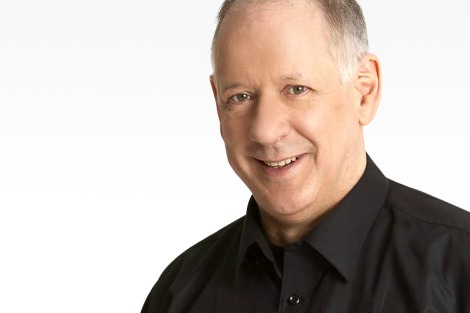
MEDIA
- Kasy Chambers
- 05 December 2016
21 Comments
There has been a slow trickle of news outlets in Australia winding back their coverage of religion over recent years. Some might argue that this is a good thing in a secular democracy, and that discussion of religion creates division. This however flies in the face of the overwhelming good that religious belief, and religious-based organisations, do in this country. Not to mention the fact that religion and ethics are a major part of the narrative of society, of how we live together and how we form a community.
READ MORE 
-
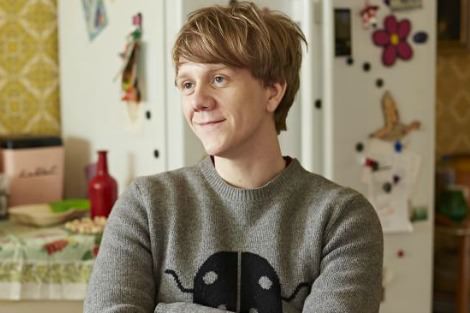
MEDIA
- Adolfo Aranjuez
- 29 November 2016
17 Comments
A recent Screen Australia report determined only 5 per cent of characters in Australian TV dramas could be identified as LGBTQI; less than half the proportion of real-world queer individuals in Australia. Media products are inherently normative, legitimising identities and lived realities through visibility. This is important, given the continuing debates surrounding marriage equality and the pervasiveness of homophobia, the result of which was seen in the suicide of 13-year-old Tyrone Unsworth.
READ MORE 
-

MEDIA
- Ellena Savage
- 06 October 2016
1 Comment
Happily, I do not know who the 'real' Elena Ferrante is. Happily, I have blocked my eyes and ears to the unfolding, the unmasking of the Italian author whose anonymity allowed her the freedom from scrutiny to give us seven novels that document the slow burn indignities of poverty and sexism and ambition. How can we accept this gift, a woman writing about the most abject of female pleasures, the darkest impulses, and then demand that she answer inane questions at a writers' festivals?
READ MORE 
-
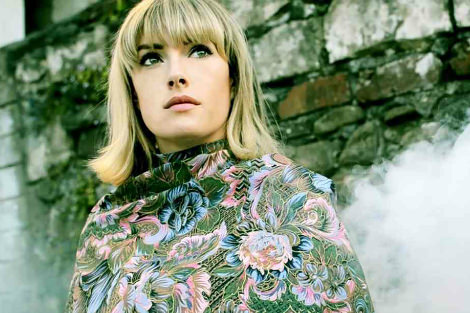
MEDIA
- Susie Garrard
- 29 September 2016
2 Comments
Almost all territories have their own popular artists, writing and performing in their native languages. However, many of these musicians seem unable to break into the wider market. In terms of marketed music, there is no doubt that English speaking artists hold sway. Yet some artists, such as Sydney Aboriginal band Dispossessed, who perform in both English and in language, and Cardiff native Gwenno, whose debut solo album is sung entirely in Welsh and Cornish, are bucking the trend.
READ MORE 